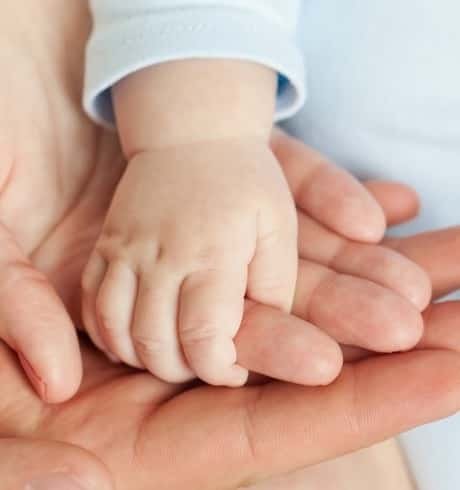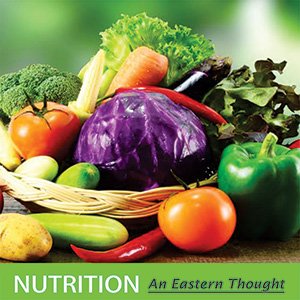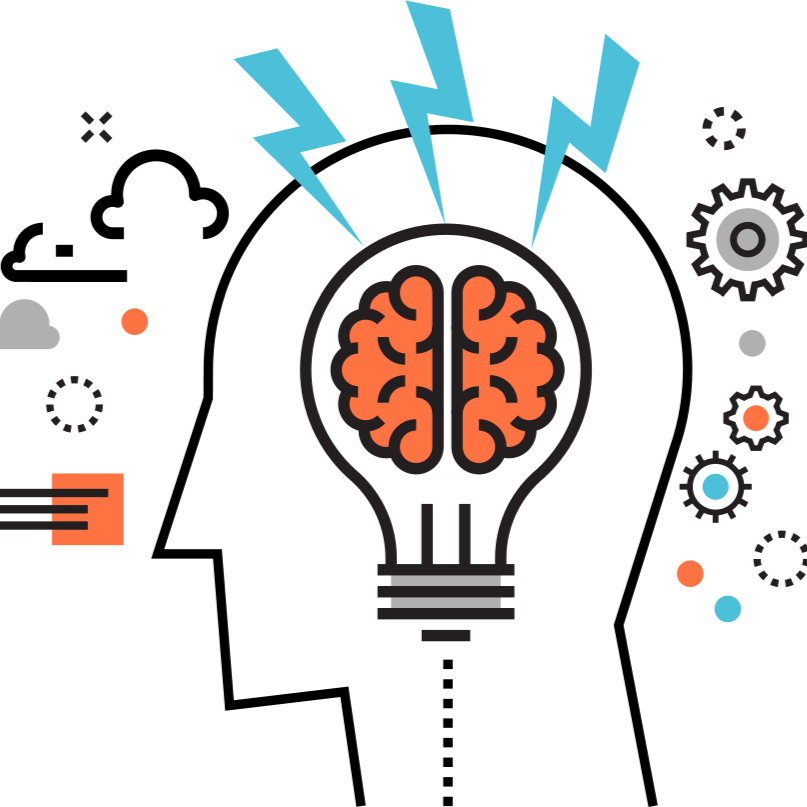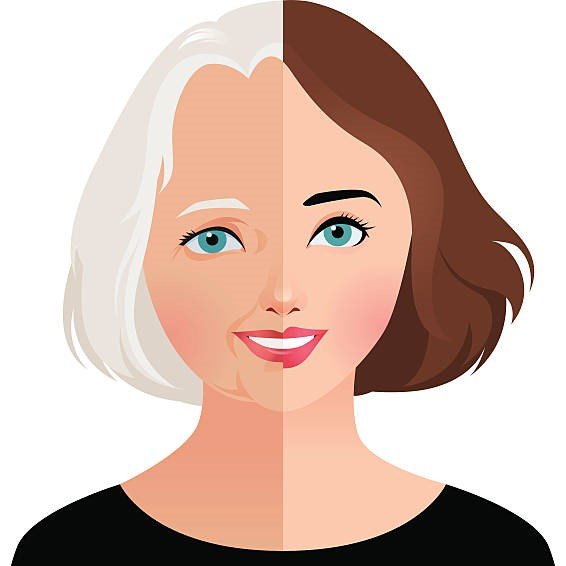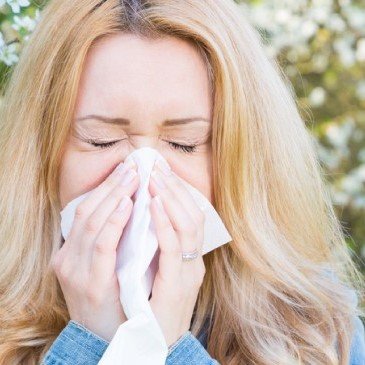Diminished Ovarian Reserve
DOR- A common cause of Infertility
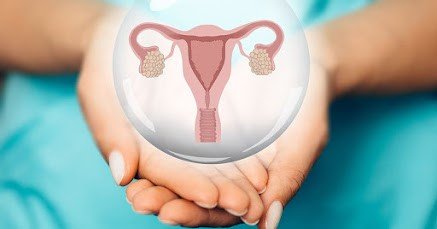
What are ovarian reserve and DOR?
The term “ovarian reserve” refers to the number and quality of your eggs (oocytes). If you have diminished ovarian reserve, this means that the number and quality of your eggs are lower than expected for your age. Diminished ovarian reserve can affect women of all ages.
Women diagnosed with diminished ovarian reserve have the same reduced success of conceiving with in vitro fertilization (IVF) as they do with natural efforts to conceive. In addition, women with DOR often have a greater risk of miscarriage when conceiving via IVF with their own eggs due to lower egg quality.
Ovarian reserve can also be considered a part of the biological clock, but this clock can vary from woman to woman. Some women continue to be fertile in their 40s, while others begin to lose their fertility in their 20s. In general, women start losing ovarian reserve before they become infertile and prior to the end of their menstruation.
According to the American College of Obstetricians and Gynecologists, these are the average number of eggs you have at each age:

20 weeks of gestation: 6 to 7 million oocytes
birth: 1 to 2 million oocytes
puberty: 300,000 to 500,000 oocytes
around age 37: roughly 25,000 oocytes
around age 51 (at the average age of menopause): roughly 1,000 oocytes
Causes of Diminished Ovarian Reserve
Normal aging causes most cases of diminished ovarian reserve. The other causes of diminished ovarian reserve are:
Cigarette smoking
tubal disease
pelvic infection
autoimmune disorders
mumps
endometriosis
Genetic abnormalities (Fragile X and other X chromosome abnormalities)
radiation therapy
chemotherapy
Ovarian surgery
Idiopathic (this means that there is no apparent cause)
Lifestyle and diet
Symptoms of diminished ovarian reserve
There are not many noticeable symptoms of diminished ovarian reserve. However, those with the condition might experience any of the following symptoms:
Difficulty getting pregnant
late or absent menstrual periods
shorter menstrual cycles than average, with the average being 28 days
heavy menstrual flow
miscarriage
These symptoms are not always present. This is why it is important to talk to your doctor if you are having difficulty conceiving.
Diagnosis of Diminished Ovarian Reserve
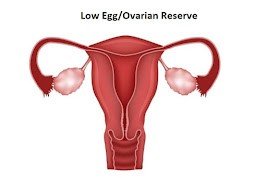
In recent years, two key methods, antral follicle count (AFC), an ultrasound biomarker of follicle number, and the concentration of serum anti-Mullerian hormone (AMH), a hormone biomarker of follicle number, have emerged as preferred methods for assessing ovarian reserve.
However, based on published evidence, AMH level considered the gold-standard biomarker to evaluate an ovarian reserve and predict ovarian response to stimulation. Clinically, the lower levels of AMH and elevated levels of FSH (Follicular stimulating hormone) are indicative of the Diminished Ovarian Reserve.
Effects of Diminished Ovarian Reserve
DOR is an important limiting factor for the success of any treatment modality for infertility. Evaluating ovarian reserve and individualizing the therapeutic strategies are very important for optimizing the success rate.
The majority or women with DOR need to undergo in vitro fertilization (IVF) to achieve pregnancy. However, the pregnancy rate remains low and is associated with high pregnancy loss. Early detection and active management are essential to minimize the need for egg donation in these women.
Donor eggs in conjunction with IVF are often suggested for women with a low ovarian reserve, especially if their remaining eggs are of low quality.
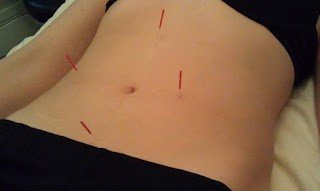
Acupuncture Perspective
As per acupuncture philosophy, the energetic imbalance viz. excessive pathogenic heat, Qi deficiency, Blood deficiency, Yin deficiency, deficiency of Essence can cause a loss of quantity and quality of the eggs.
With the help of conventional diagnostic methods viz. pulse diagnosis, tongue diagnosis the undelaying energetic imbalance condition can be diagnosed which is causing DOR.
Based on the diagnosis, acupuncture treatment along with dietary and lifestyle corrections can help improve the quality of eggs thus improves ovarian reserve. The raised AMH levels reflected in the subjects’ test reports.
Usually, it has observed that improper diet and lifestyle are the major contributors to the imbalance in the body causing deterioration of ovarian reserves. As such, it is very essential to correct diet and lifestyle to achieve the desired effect.
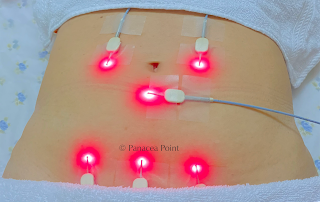
The women suffering from DOR have benefited from acupuncture treatment along with dietary and lifestyle corrections. They conceive with their own eggs, naturally or with ART depending on their other parameters and health condition.
To summarize, here is a ray of hope for the women suffering from DOR. They should consult an acupuncture practitioner who is an expert in treating such cases. He can diagnose the underlying condition and can work out suitable acupuncture treatment and diet plan and suggest necessary lifestyle corrections if required.
Stay tuned to read more in upcoming articles...
Shripad Chodankar
May 20, 2021
